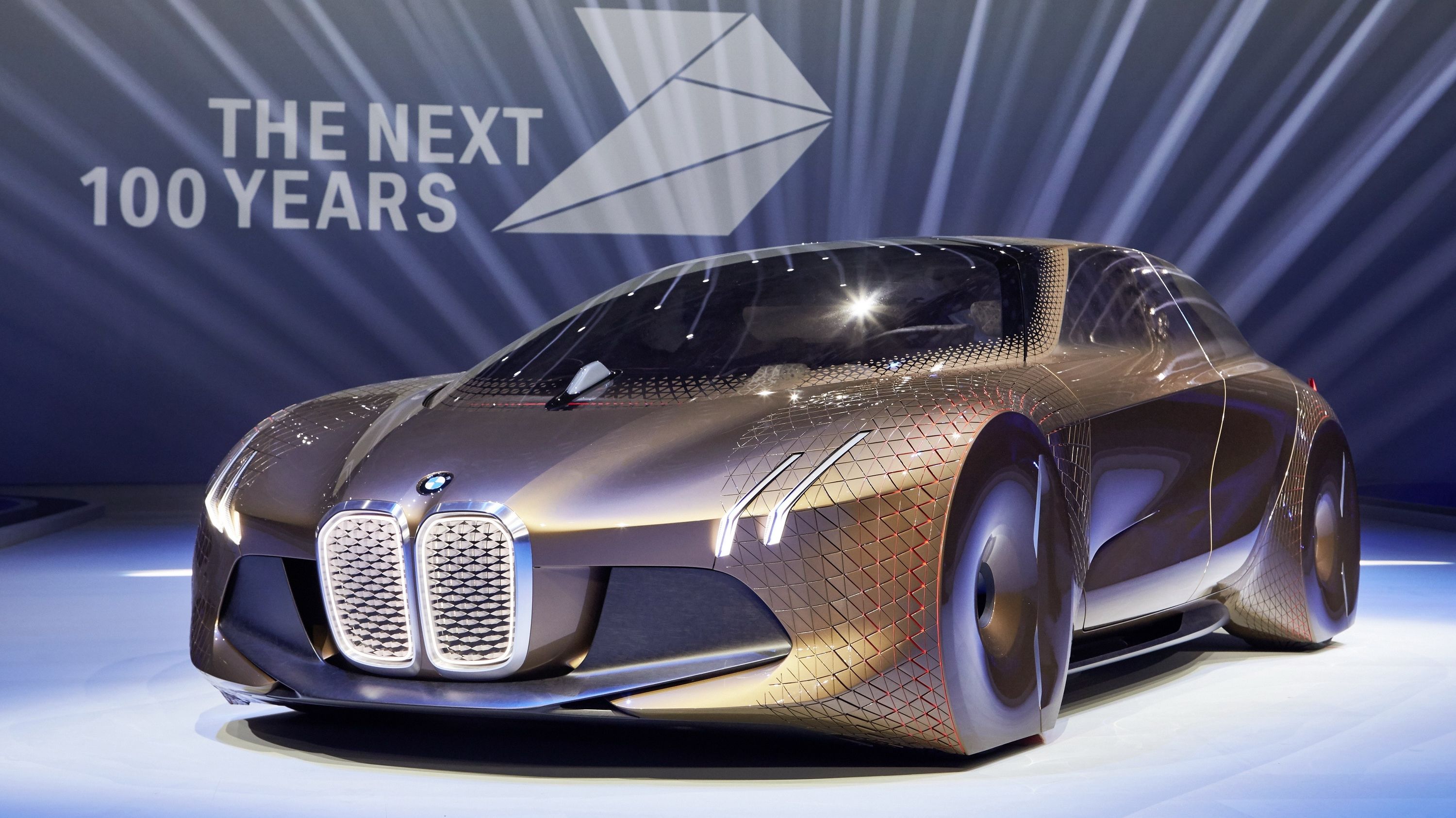As the arms race for fully autonomous driving technology continues, BMW->ke178 has decided to shift the focus of its “i” sub-brand->ke3915 from electrified->ke1030 drivetrains, to driverless cars. Automotive News reports that BMW board member Klaus Froehlich recently outlined the Bavarian automaker’s intentions to develop the tech as part of something he called “Project i Next,” and it’s rumored that 2021 is the target date for the debut of a fully autonomous BMW flagship model.
In addition to self-driving tech, the new flagship will also boast an advanced all-electric drivetrain. Since its introduction in 2011, BMW’s i division has focused primarily on the creation of plug-in propulsion systems, including those found in the hybrid->ke147 i8 sports car->ke506 and all-electric i3 hatchback.->ke304 However, following the lackluster sales performance of the i3 (only 25,000 units sold last year, compared to nearly 400,000 preorders for the Tesla Model 3), it appears as though BMW will instead refocus its i division to work primarily on autonomous technology.
Despite the change in emphasis, its expected i division will still have a hand in the development of new electrified drive systems, including a longer-range i3 due out by the end of the year, plus a sportier i3 rumored to be revealed by 2018.
The news comes on the heels of the departure of four high-profile executives from the forward-thinking sub-brand.
Continue reading to learn more about the story.
Why it matters
Most experts are pointing to 2020 as the year when autonomous cars will really hit an inflection point, at least commercially. And despite the progress it made with all-electric and hybrid tech, my guess is BMW was left unsatisfied by the impact it made with the i8 and i3. To really get ahead of the competition, it’s instead going autonomous.
To help kick development into high gear, BMW will likely hire thousands of new staff over the course of the next five years, including experts in machine learning and artificial intelligence. Existing autonomous technology, such as automatic braking, adaptive cruise control, and the like, will provide the groundwork upon which to build a fully autonomous system.
So, beyond a car that can drive itself, what’s the end game?
Froehlich went on to say that fully autonomous vehicles would allow BMW to offer ride-hailing services similar to Uber or Lyft – sans drivers. This coincides with recent investments from Volkswagen,->ke94 Toyota,->ke88 and General Motors,->ke1024 all of which are currently pouring money into existing ride-share companies.
Furthermore, BMW is looking into infrastructure investments, such as parking space reservation and electric vehicle charge stations.
“We want to actively participate in a consolidation process,” Froehlich said. He went on to say that China is where autonomous cars will most likely first appear in mass, pointing out that China bought more EVs last year than all other markets combined.
Clearly, the automakers are nervous, and rightfully so. Autonomous technology represents a very real threat to established ownership models, and dramatic shifts like this new investment from BMW will become more and more commonplace as the old guard grapples with the reality of cars that drive themselves.
Is this a good thing, or is it negative? How will autonomous technology affect enthusiasts, or more broadly speaking, society as a whole? Let us know your thoughts in the comments.

